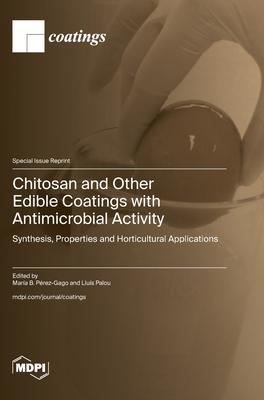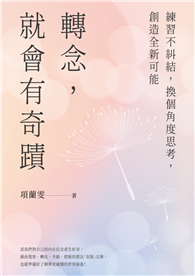Antimicrobial edible coatings for whole or fresh-cut fruits and vegetables based on natural biopolymers that serve as carriers of antimicrobial agents or that are inherently antimicrobial, such as chitosan, are increasingly gaining interest from researchers and industry due to their potential to maintain quality and safety. Additionally, edible coatings can also function as a barrier to water vapors and gases, regulating physiological aspects in fruit.
Despite the substantial research progress in antimicrobial edible coatings for fresh and fresh-cut fruits and vegetables, the development of tailor-made solutions according to specific commercialization needs still represents a technological challenge due to important physical, physiological, and biochemical differences among the wide variety of fresh horticultural commodities. The development of edible films and coatings with antimicrobial activity requires knowledge of the chemical bases to develop optimized edible coating formulations, the effects of the coatings on different postharvest pathogens in in vitro studies and in different fruit matrices, as well as their effect on fruit quality during postharvest storage.
This Special Issue aims to publish original research and critical review articles on recent aspects of novel antimicrobial edible coatings that are formulated with chitosan and other edible coating-forming materials to preserve fruits and vegetables, as well as research on the mode of action against postharvest pathogens and their properties with an aim to preserve the physicochemical and sensory characteristics of the coated product.












